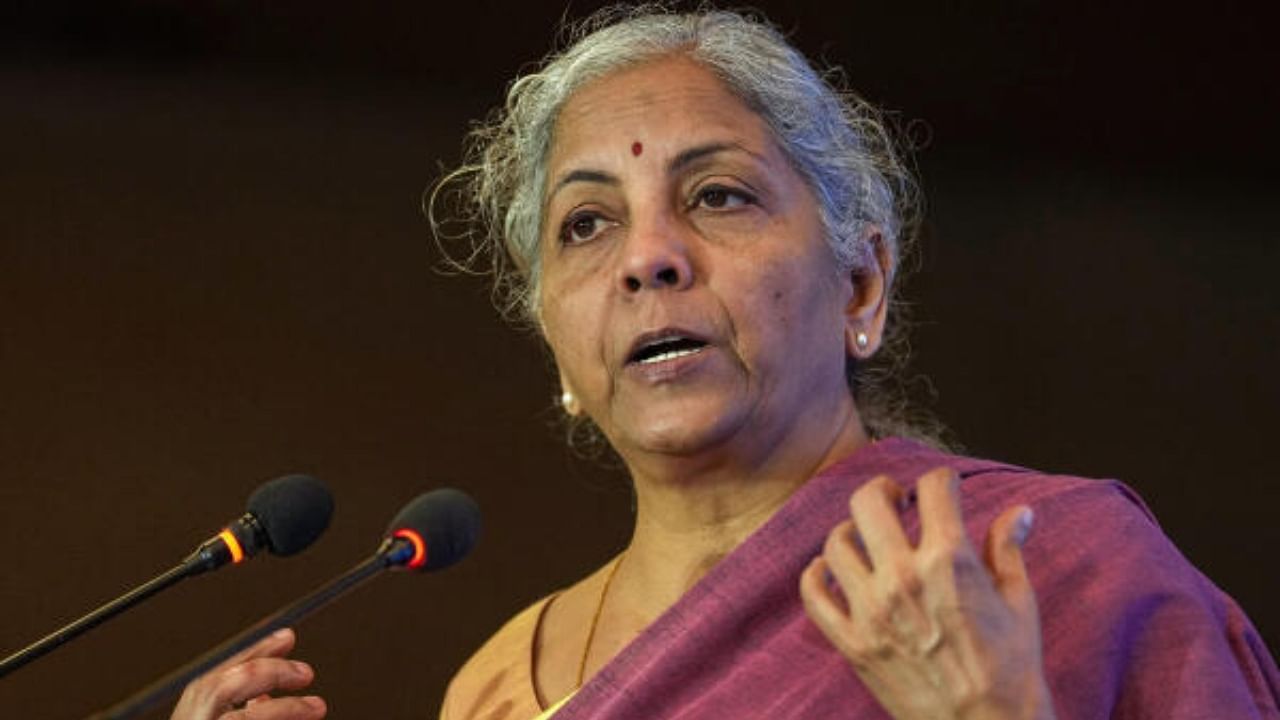
Union Finance Minister Nirmala Sitharaman.
Credit: PTI File Photo
Union Finance Minister Niramala Sitharaman is all set to present the Union Budget 2024 on February 1. The minister will present only an interim budget for the financial year 2024-25 as the nation is gearing up for Lok Sabha polls.
One of the key terms tied to the Union Budget is Economic Survey. Here is a detailed look at what the term means.
An Economic Survey, in simple terms, is a survey conducted to review the financial developments of the country in the last fiscal year.
It plays a key role in scrutinising different trends within various sectors of the economy like agriculture, industrial production, export and import infrastructure among other things. The survey can also paint a picture of other economic reforms that can have a significant influence on the Budget.
The survey generally has two parts -- first is the part that talks about the economic challenges that the country is facing and second one deals with the analysis of the previous year.
The Economic Survey, which is prepared under the supervision of the Chief Economic Advisor (CEA), is presented a day before the presentation of the actual Budget.
The first Economic Survey was presented in the lower House of the Parliament in 1950-51. It continued to be a part of the Union Budget, but since 1964, it has been de-linked and is presented much earlier.
Economic Surveys have specific themes on which they are based.
The Economic Survey is an important tool for designing a Budget as it provides full-fledged feedback and also acts as a guide by pointing out the priorities the Finance Ministry has to take in the next financial year. However, the Economic Survey is non-binding, which means the government may reject all the recommendations listed in the survey.